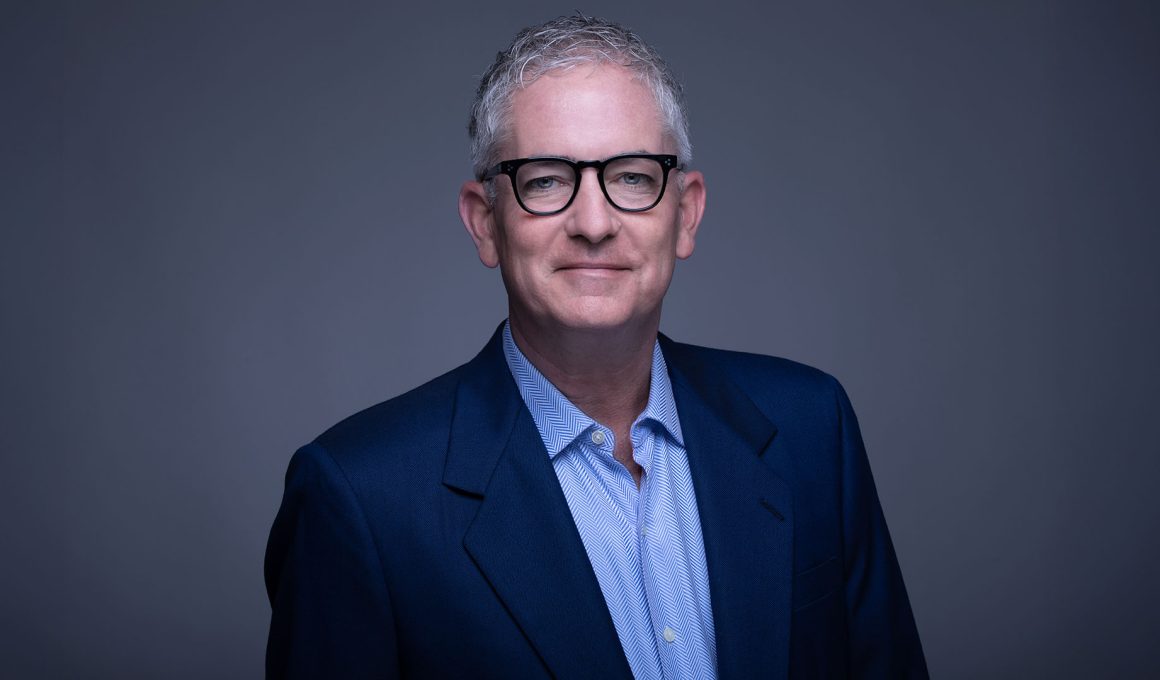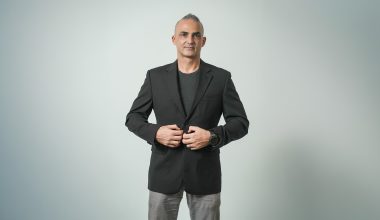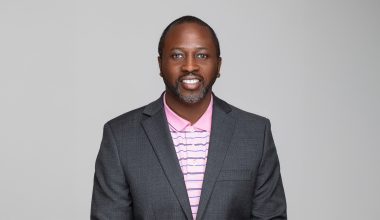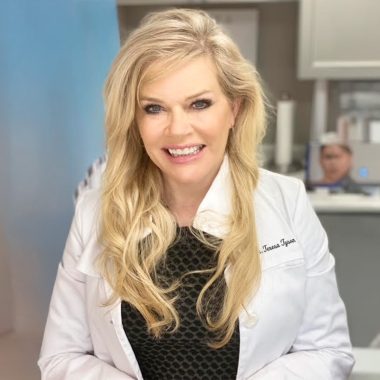Leading healthcare organizations requires navigating complex changes while maintaining sustainable growth – a challenge that has defined many companies’ success or failure. Through decades of experience in restructuring and scaling healthcare organizations, John Thievon has developed a practical blueprint for building successful companies. As a healthcare executive who values authenticity and people development, his approach focuses on fundamental principles that drive long-term success, from managing market shifts to developing strong leadership teams.
Building on Fundamentals
While many search for a secret formula to scale healthcare organizations, John believes success comes down to core principles. “While the paths to success are many, I do think there are fundamentals that you really should follow in building a company or taking an existing successful company and scaling it,” he explains. Through his experience, John has consistently found untapped potential in companies he’s worked with. “There hasn’t been a company I’ve worked with that hasn’t had two or three points in margin that are just staring at you when you get there,” he notes.
Adapting to Market Changes
John’s experience with Mucinex highlights the importance of agility. Initially filed as a prescription product, it was ultimately approved as an over-the-counter medication. “We had to evolve the strategy,” John recalls. “In a non-traditional move, we kept the sales force in place even though it was over-the-counter, because it had been an Rx marketplace. We adjusted and brought in experts for direct-to-consumer advertising.” This shift required careful timing and strategic planning. “Doctors don’t like patients to tell them about new products. They like to know about it before it goes on TV,” John explains. “So, we didn’t go on TV until we had two years under our belts of calling on physicians with about 125 sales reps. That strategy worked well.”
For John, effective leadership isn’t about management techniques – it’s about being genuine. “Being an authentic person, whether you’re in front of a company, investors, employees, or at a cocktail party, people can see immediately whether you’re authentic or not,” he shares. His leadership philosophy centers on “leading by example, holding people accountable, holding yourself accountable, and having a sense of humility.”
The Overlooked Opportunity – Developing Middle Management
One critical area John sees companies consistently neglect is middle management development. “Companies lose sight of developing all of their personnel,” he emphasizes. “Recent studies show 60% to 75% of employees think their biggest obstacle is their manager. If that’s true, these managers are not being developed properly.” John stresses that promotion should follow personnel development, not the other way around. “The promotion should not come until the would-be manager knows how to manage. That’s what gets you promoted,” he explains. “Part of that development involves having open, frank discussions. If you’re developing somebody, that means you’re taking the time to develop them.”
One of the most valuable lessons John received came early in his career. “When I was 29 years old, a consultant told me: ‘Bad news is never good news; however, bad news delivered late is worse.’ If you think about it, that’s what destroys value for companies on Wall Street,” he reflects. “Nobody likes to present bad news, but it’s your job to share the news regardless of whether it’s good or bad, because then you can show how you’re responding to it.”
Building Strong Teams
John emphasizes the importance of surrounding yourself with talented people. When talking about his management team, John proudly shares that “they are a highly educated group – MBAs, PhDs, and JDs.” He goes on to say, “They also possess significant experience in their specific areas of expertise; however, they all constructively contribute to group discussions that identify and solve company issues with a focus on ways to optimize the current strategy. The group has dynamic discussions, during which each participant feels free to raise questions and/or pressure-test proposed solutions. We also invest a significant amount of time identifying future issues and opportunities.” His approach to staffing is methodical: “You should hire slowly and fire quickly. I don’t even like the word fire, but you’re not doing anybody any favors keeping them in place for too long if they’re not right for the role.”
For healthcare leaders looking to build sustainable, high-growth organizations, John’s message is clear: focus on fundamentals, develop your people, face challenges head-on, and stay authentic. These principles have guided his success across multiple healthcare organizations and continue to shape his approach to leadership today.
For insights on healthcare leadership and organizational development, connect with John Thievon on LinkedIn.








